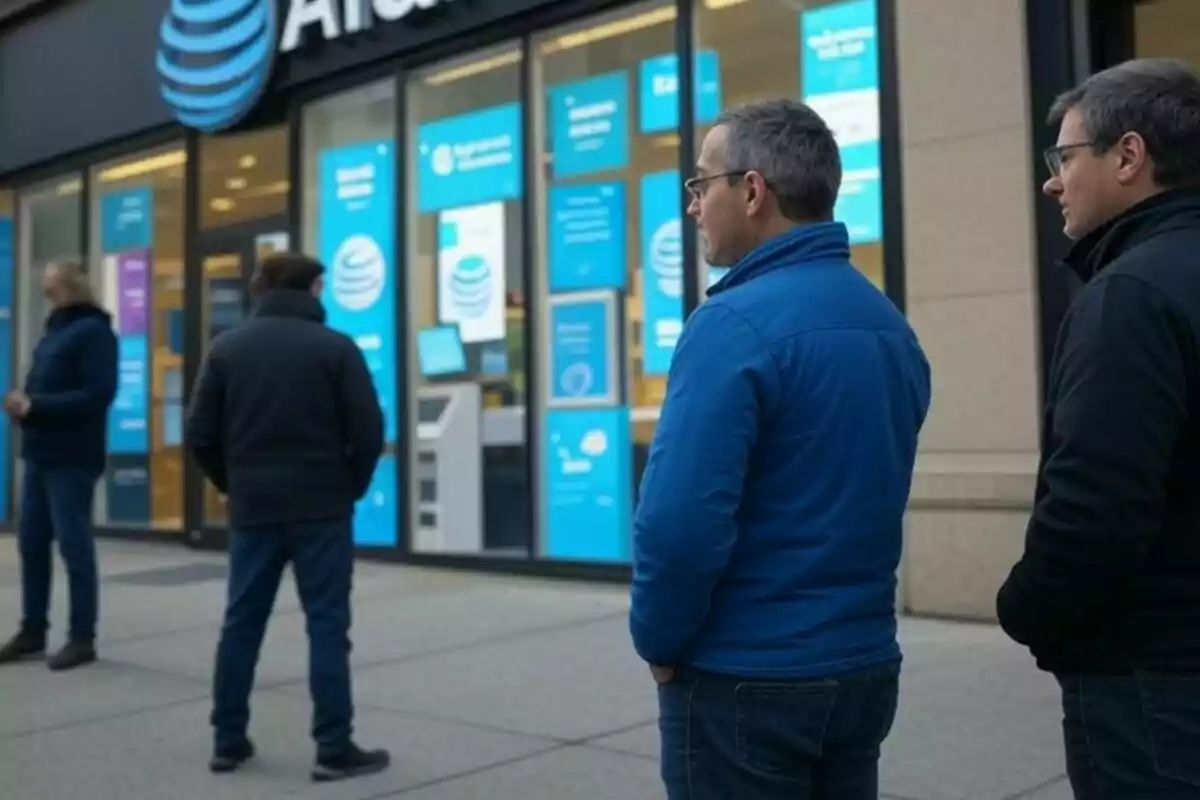
Unexpected twist at AT&T: changes are coming and all America are paying attention
The company is carrying out a major renewal process with the aim of offering the most competitive service possible
In a world where technology is advancing by leaps and bounds, major companies have no choice but to adapt or fall behind. Now, AT&T is about to make a move that very few people expected. The news has caught the attention of millions of people, both current customers and those who once used their services.
What is coming is a deep change in the way the company manages its infrastructures. Yes, it directly affects the landline network based on copper.
AT&T wants to eliminate the use of copper in its network
AT&T has begun the process of gradually eliminating the use of copper in its landline network. This is a technology that has been part of the American landscape for more than a century.

The company already has approval from the Federal Communications Commission (FCC) to remove copper in approximately 500 telephone exchanges. This represents about 10% of its total network.
This decision marks a turning point in the country's telecommunications history. Although it may be hard to believe, not long ago copper was the backbone of telephony in the United States. There were one or more landline phones in homes connected to copper wires.
If someone wanted to get information about the weather or sports results, they could call recorded lines that offered that information for an additional cost. Today, that is almost a thing of the past.
The reason behind this transformation has a name: new technologies. With the expansion of fiber optics, fixed wireless access (FWA), and services like Phone Advanced, AT&T is in a position to offer better communications. Phone Advanced, for example, is a digital replacement for the traditional landline, which works through VoIP (voice over internet protocol) and doesn't require copper wires.
Currently, only 3% of AT&T customers are still using copper-based services. However, the process is not as simple as disconnecting an old network. The company needs to coordinate with different states to obtain authorization in each case.

Some, like California, have not yet approved the transition because AT&T is still the Carrier of Last Resort in certain areas. It has the obligation to offer landline service wherever it is requested.
AT&T's goal is to shut down its copper network completely by 2029. Meanwhile, they are prioritizing areas where the wireless network has a greater presence and no fiber expansion is planned. In those places, users will be migrated to new technologies that offer the same functionality.
Peace of mind for users
AT&T assures that users do not have to worry about losing access to essential services. Some fear that without copper they will not be able to make calls or use certain devices. But the company guarantees that the new systems are compatible and safe.
For the few cases where there is still no fixed or wireless alternative available, options such as satellite connectivity are being considered. This technological change by AT&T not only modernizes the network, but also promises to improve service quality. The era of copper is left behind, and a faster, more stable, and more efficient future in telephony is on the way.
More posts: